China's Special Envoy for Eurasian Affairs Li Hui has concluded a 12-day European tour that took him to Kiev, Warsaw, Paris, Berlin, Brussels and Moscow, with a mission to clarify Beijing's position on the conflict in Ukraine.
Observers say the main purpose of the tour, which ended last weekend, appeared to be to find common ground between China and Europe in their approaches to the war, and while Mr Li's talks in European capitals are unlikely to lead to a ceasefire, the trip has helped promote Beijing as a mediator in the conflict.
The most important signal
Li Hui – a veteran diplomat chosen by Chinese President Xi Jinping to oversee Beijing’s peacemaking efforts – began his European tour with a first stop in the capital Kiev, where he met with Ukrainian leader Volodymyr Zelensky and other key officials.
He told Ukrainians there was no “panacea” for the war and called on all sides to create conditions for peace talks.
Ukrainian Foreign Minister Dmytro Kuleba told Li Hui that Kiev would not accept any proposals for ending the war that would involve the loss of territory or freezing the conflict, according to the Ukrainian Foreign Ministry.
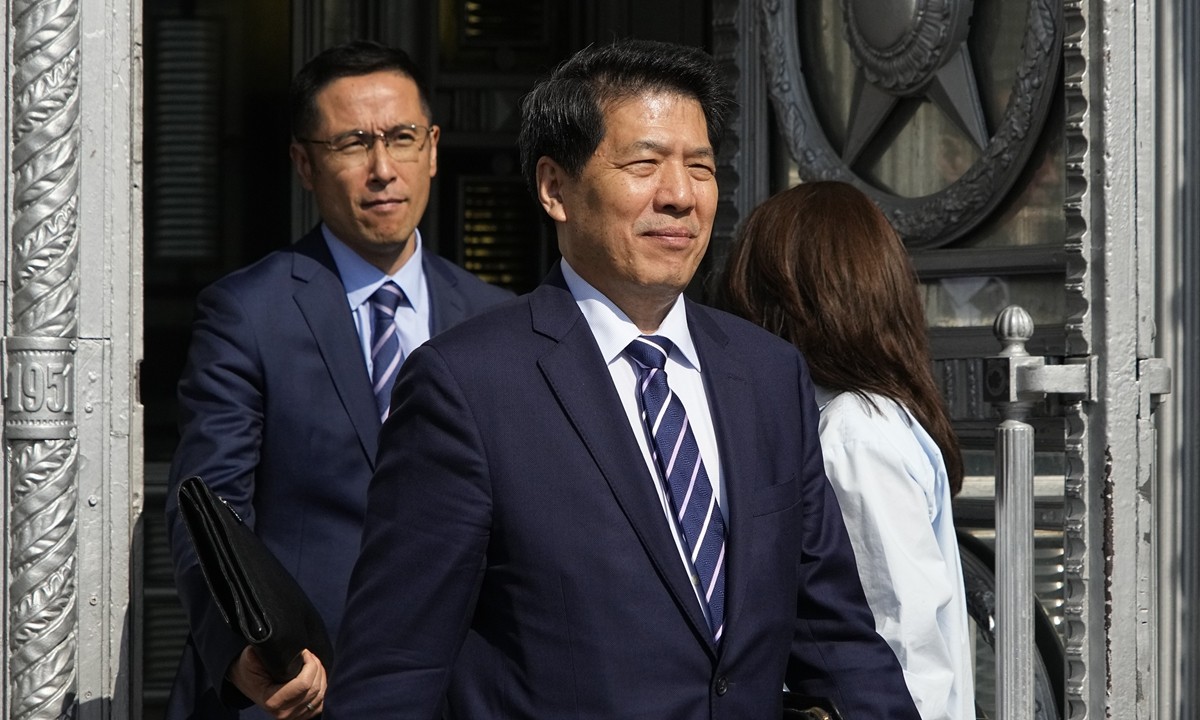
China's Special Envoy for Eurasian Affairs Li Hui. Photo: Global Times
Mr. Li's visit comes less than a month after a highly anticipated phone call between President Zelensky and President Xi Jinping.
The Chinese envoy, who served as Beijing's ambassador to Russia for a decade, ended his trip in Moscow, where Russian Foreign Minister Sergey Lavrov welcomed China's "balanced" stance on the crisis.
The two countries also pledged to strengthen relations and improve communication on a political solution to the war.
Chinese Foreign Ministry spokesman Mao Ning said on May 29 that Beijing would continue to “encourage the international community to find the broadest common understanding” and contribute to a “political solution to the crisis in Ukraine.”
As China's first practical diplomatic mediation effort in helping resolve the crisis in Ukraine, Li's trip once again demonstrates China's fundamental goal of working toward a peaceful resolution to the Russia-Ukraine conflict and demonstrates China's consistent attitude as a country with great responsibility, Gao Jian, a scholar from Shanghai International Studies University, told the Global Times on May 28.
It also shows that China will participate more actively in international issues in the future, contributing its strength and solutions to the world, when the world needs China, Mr. Gao said.
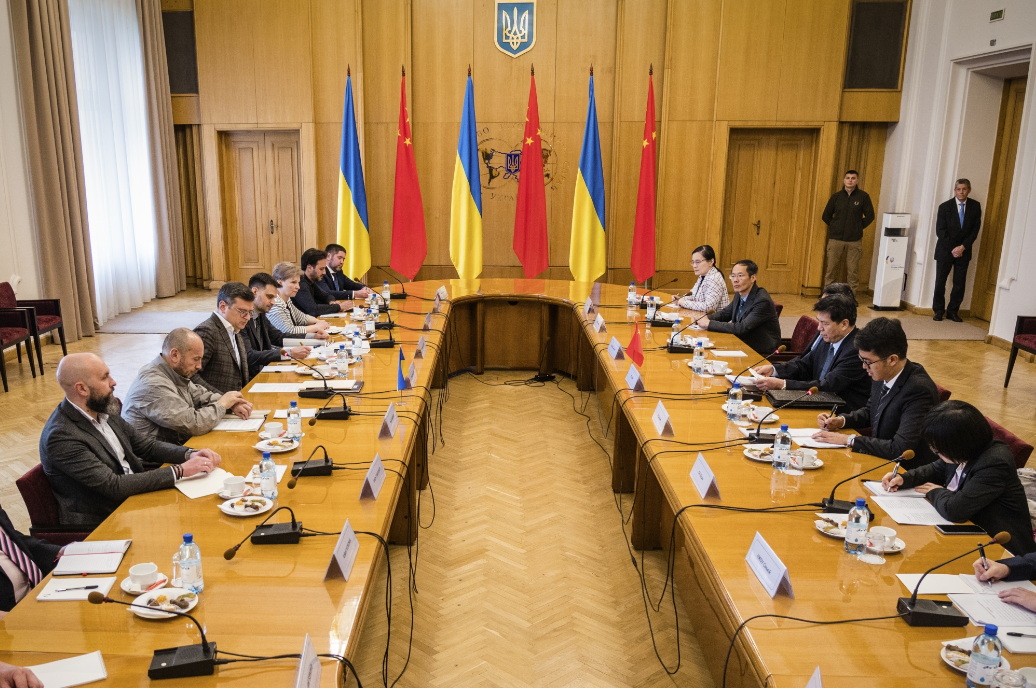
Chinese Special Envoy for Eurasian Affairs Li Hui holds talks with Ukrainian Foreign Minister Dmytro Kuleba in Kiev, May 17, 2023. Photo: Bloomberg
The most important signal is that those parties are accepting China's important role in promoting peace talks, Cui Heng, an expert at the Center for Russian Studies at East China Normal University, told the Global Times.
According to Mr. Cui, the fact that no official from Ukraine, Russia, the EU or Poland refused to meet with the Chinese Special Envoy shows that even if the parties cannot reach a consensus, they at least accept China's participation in promoting peace.
"Getting familiar"
Experts say Beijing is pleased with the outcome of Mr Li's visit, but they also warn that a breakthrough deal is unlikely to be reached soon.
“Li Hui is just playing a vanguard role, meaning he is paving the way for a larger, more substantive engagement by the Chinese leadership in the future in terms of peacemaking,” said James Char, a research fellow with the China Programme at the S. Rajaratnam School of International Studies in Singapore.
He said the prospect of the war ending soon was “unlikely” due to disagreements between the two warring sides over territory and whether to freeze the conflict.
Sourabh Gupta, a senior fellow at the Institute for China-America Studies in Washington, said expectations for Mr. Li’s visit to Europe were low and “he certainly did not meet them,” but it should not be seen as a failure.
“The purpose of the trip is not to deliver quick results, which is not possible at this point in time,” Mr Gupta said. “On the contrary, the basic purpose here is to formally familiarise his counterparts with China’s 12-point stance.”
In February, Beijing put forward a peace proposal that called for a ceasefire and peace talks, among other things.
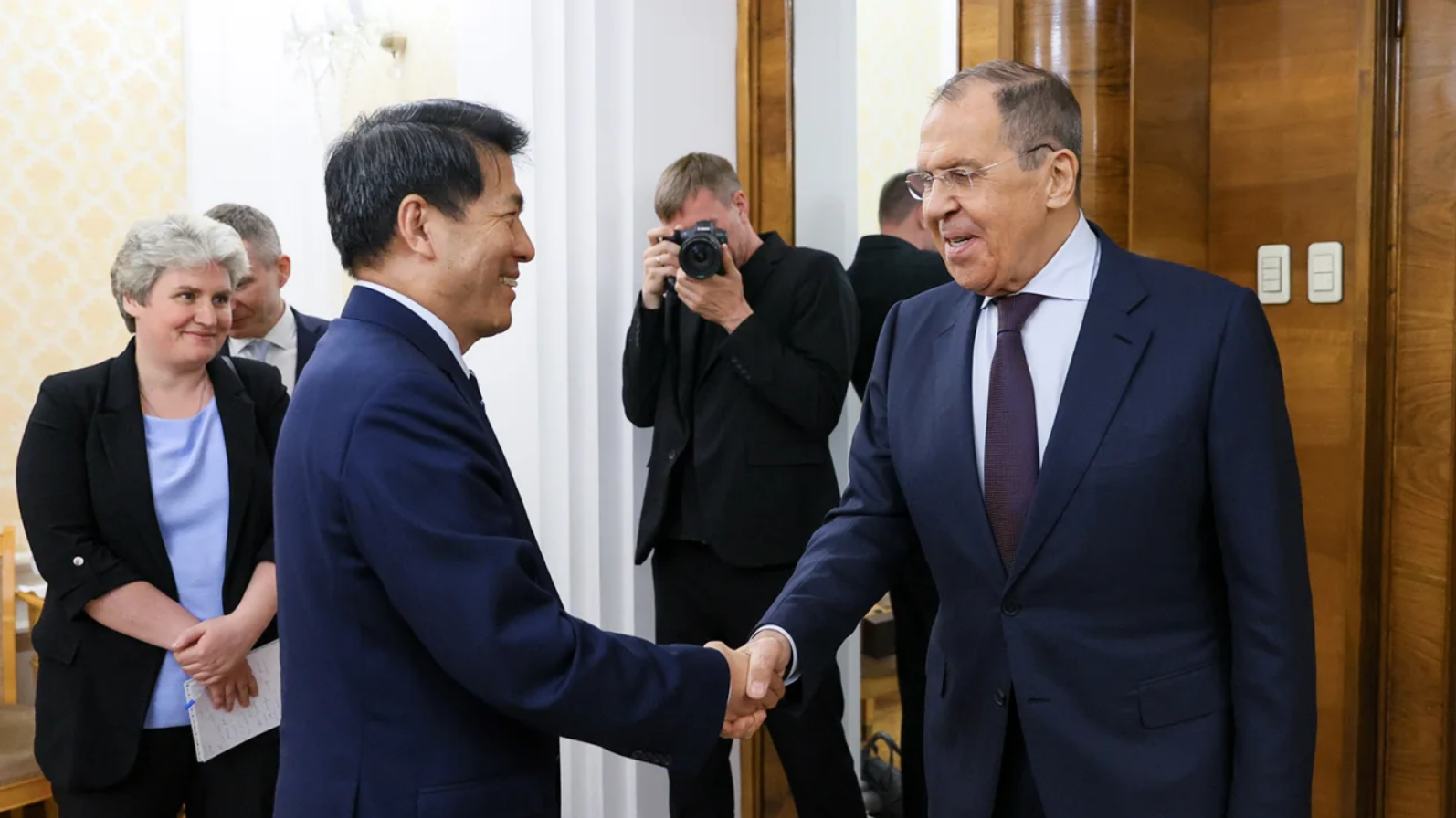
Chinese Special Envoy for Eurasian Affairs Li Hui meets with Russian Foreign Minister Sergey Lavrov in Moscow, May 26, 2023. Photo: Getty Images
“At this point, Mr. Li’s trip was largely a familiarization exercise and an opportunity to listen to the views of his European counterparts, and in that regard, the basic objective has been achieved,” Mr. Gupta added.
Alfred Wu, Associate Professor at the Lee Kuan Yew School of Public Policy at the National University of Singapore, suggested that Mr. Lee’s trip gives Beijing some credibility, especially after recent interactions between Mr. Xi Jinping and leaders from Russia and Ukraine.
Mr. Li's six-stop tour is aimed at narrowing the gap between Europe's and China's approaches to finding a solution to the war, Mr. Wu said.
“My own feeling is that the gap between Europe and China is very, very big,” he said. “The issue is not how to attract support from Europe but how to reduce the differences between China and Europe.”
Wang Yiwei, a professor of international relations at Renmin University in Beijing, said the trip showed that China was actively playing its mediating role, and there were positive signs that Ukraine was becoming more open to Beijing's efforts.
“There is a certain consensus now. After the trip, Ukraine now feels that China is not what they imagined, that China is really neutral,” Mr. Wang said.

Chinese Special Envoy for Eurasian Affairs Li Hui meets with European Union (EU) officials in Brussels, Belgium, May 25, 2023. Photo: CGTN
China has tried to present itself as a neutral party in the conflict, but Western nations have been skeptical of its efforts given Beijing's close ties with Moscow and its reluctance to condemn Russia's actions.
Mr. Wang said he hoped that China's efforts would be successful and that the two sides in the war would eventually move toward peace talks.
But Mr Gupta noted that China is an “outsider” in the European security architecture, so its ability to secure a peace deal in Ukraine is limited.
“After all, China has gained a better outlook, albeit a little, from its diplomatic foray into the peacemaking process in Europe. And there are many more chapters to be written on the peacemaking front in general,” Gupta concluded.
Reuters on May 30 quoted Chief Foreign Affairs Adviser Ihor Zhovkva, who is also Deputy Chief of Staff of the President of Ukraine, as saying that the only way to end the war is Ukraine's peace plan, which requires Russia to withdraw all troops.
“There cannot be a Brazilian peace plan, a Chinese peace plan, a South African peace plan when you are talking about the war in Ukraine,” Mr. Zhovkva said .
Minh Duc (According to SCMP, People's Daily)
Source


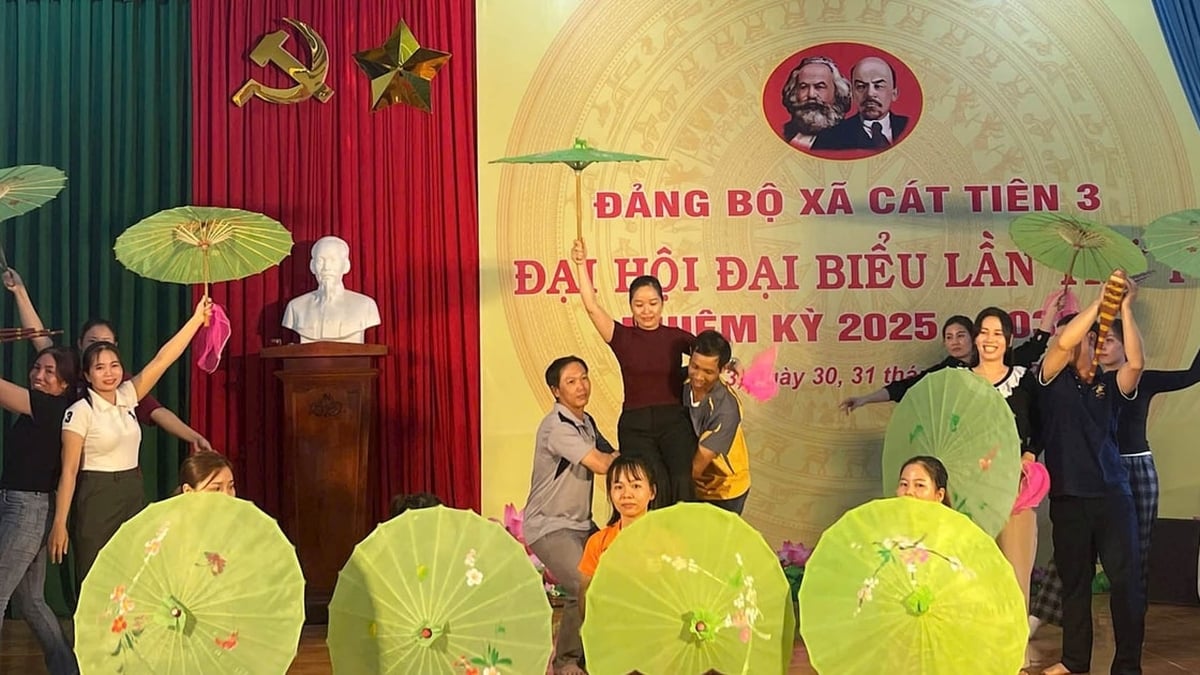
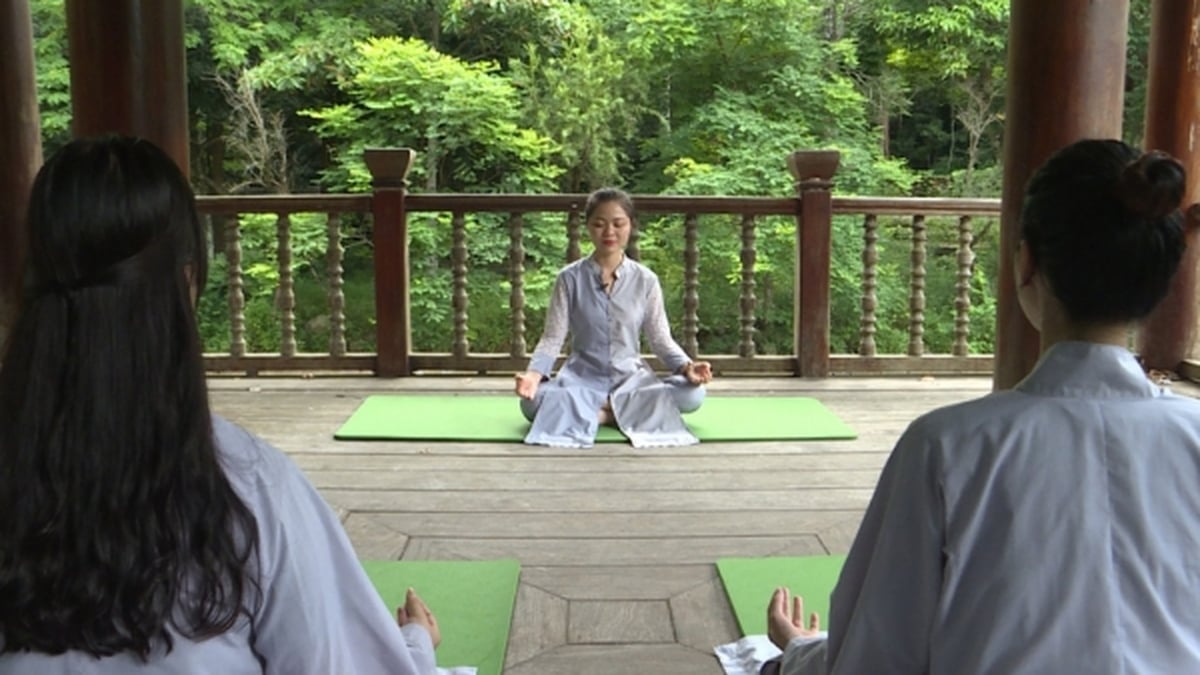
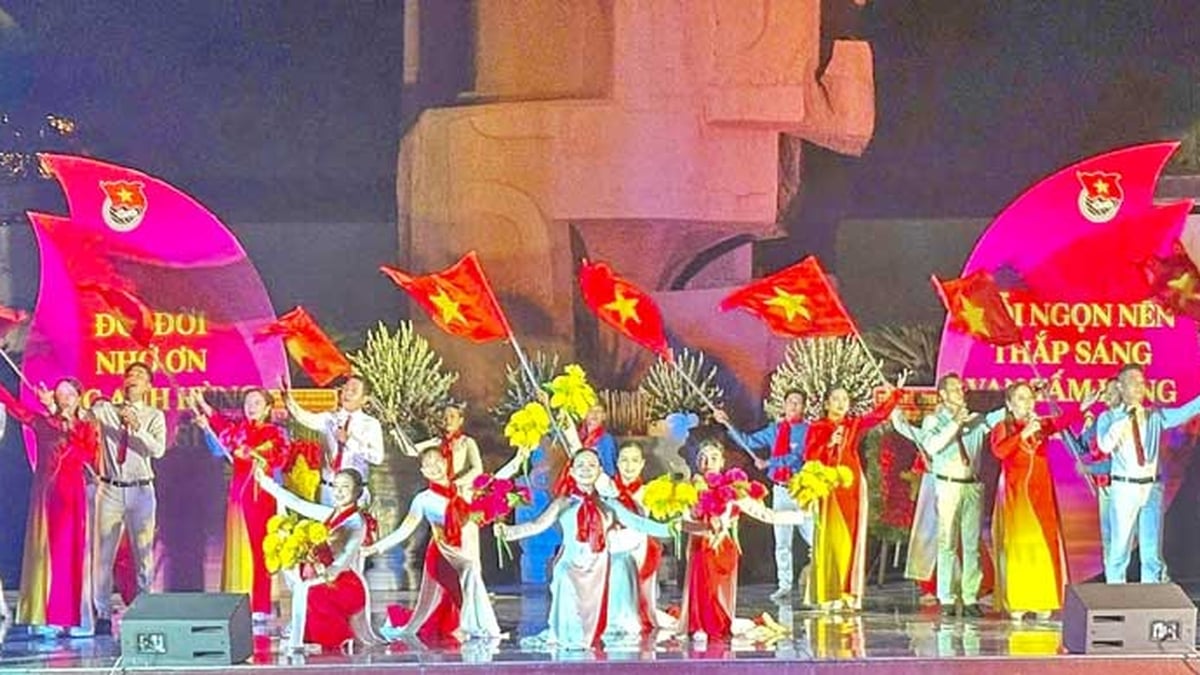
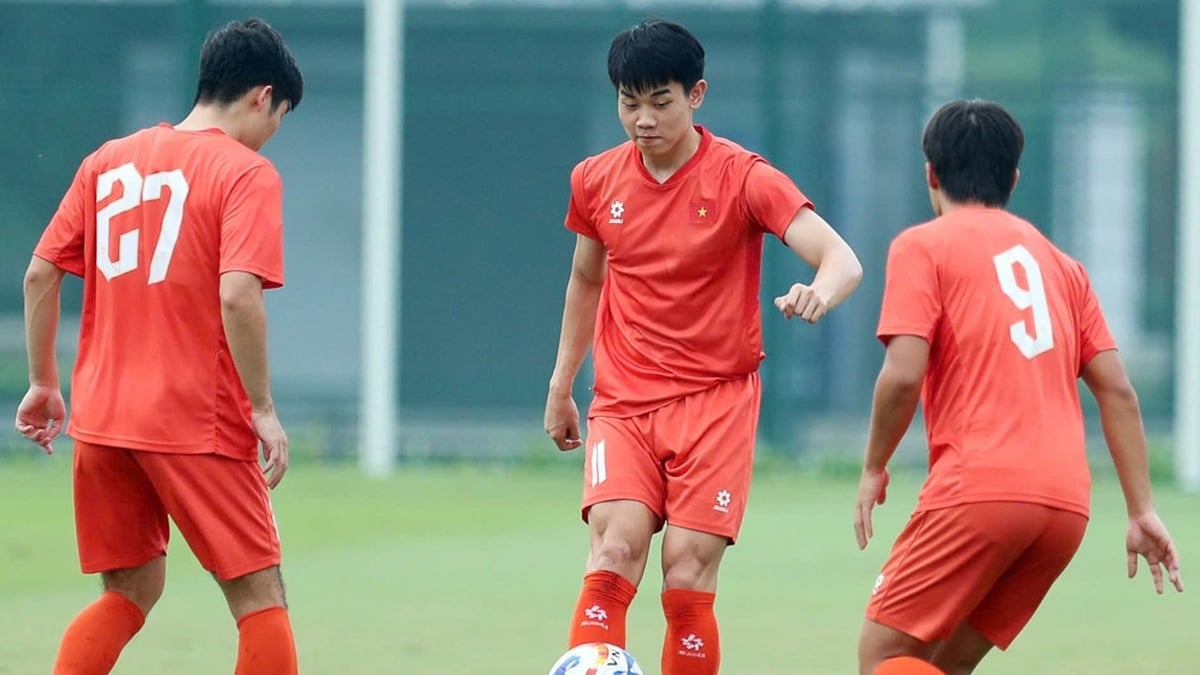
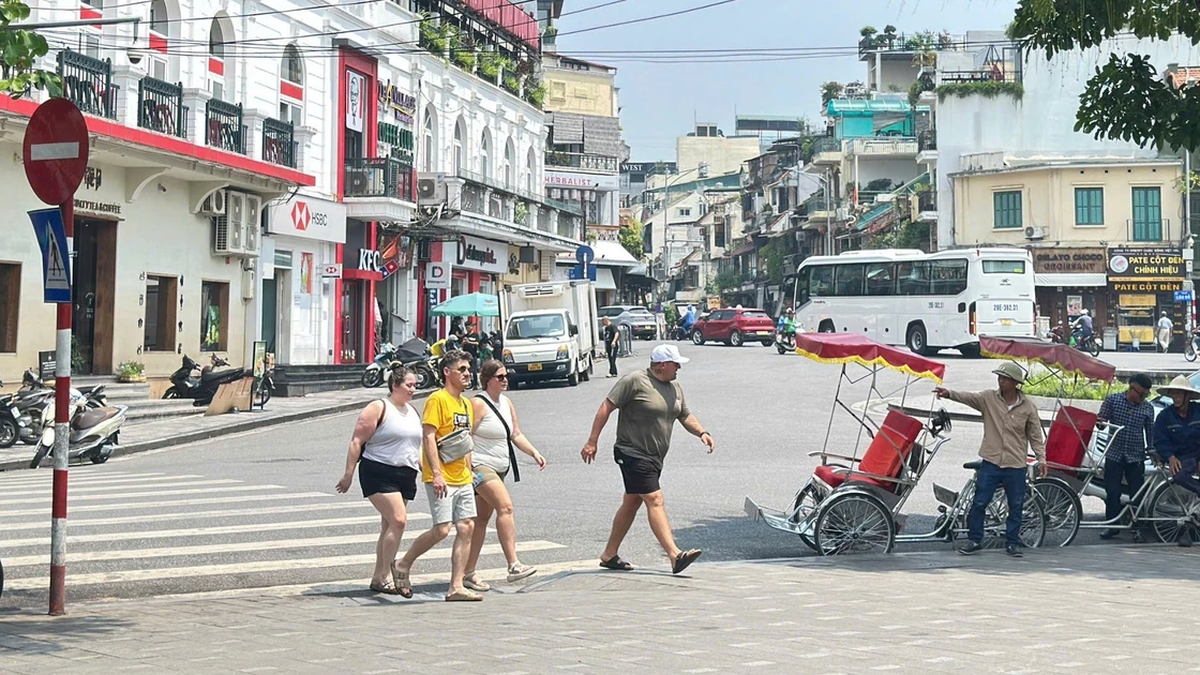
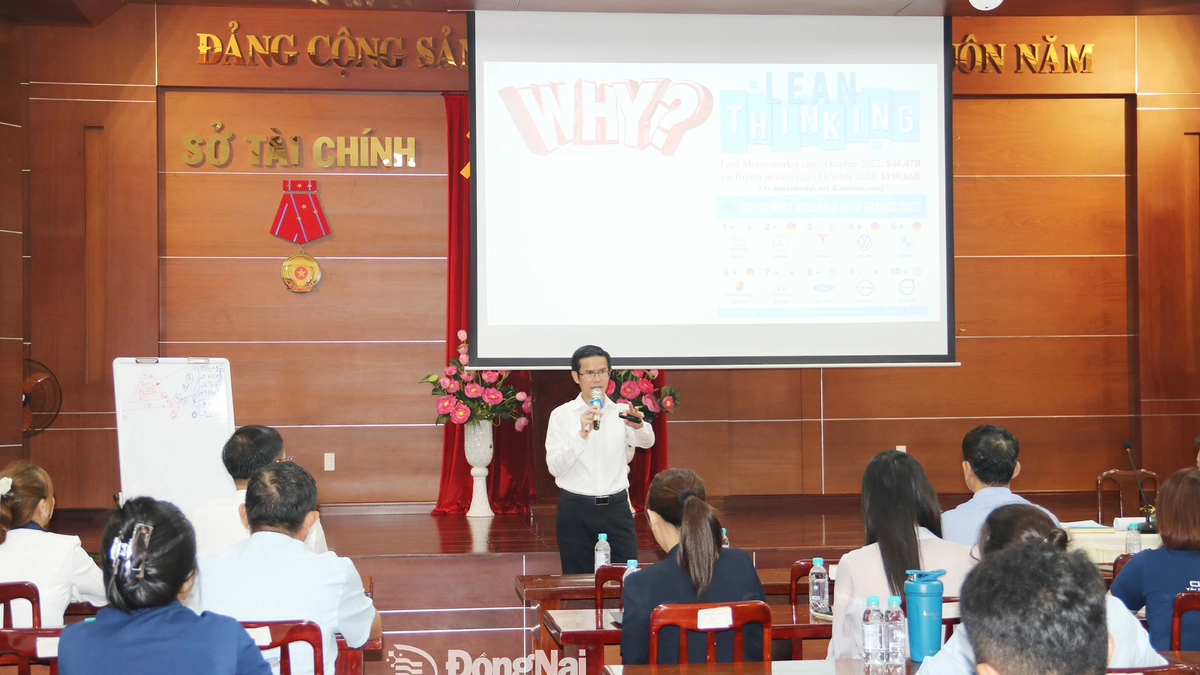


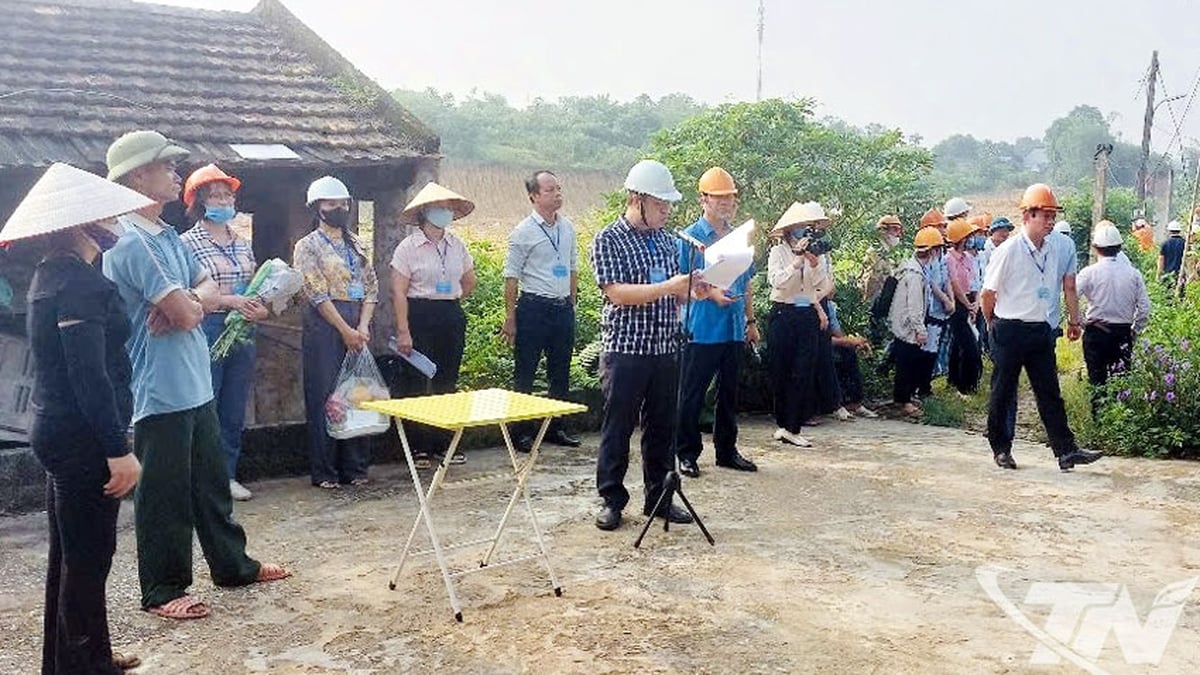
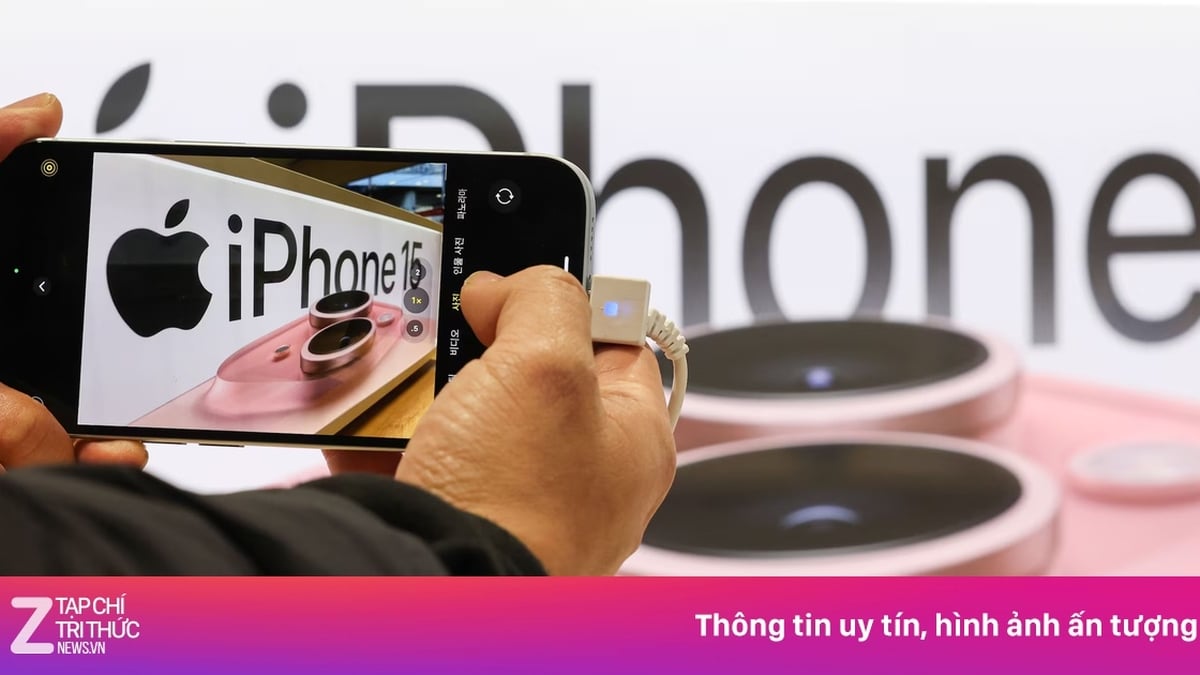











![[Photo] National Assembly Chairman attends the seminar "Building and operating an international financial center and recommendations for Vietnam"](https://vphoto.vietnam.vn/thumb/1200x675/vietnam/resource/IMAGE/2025/7/28/76393436936e457db31ec84433289f72)



























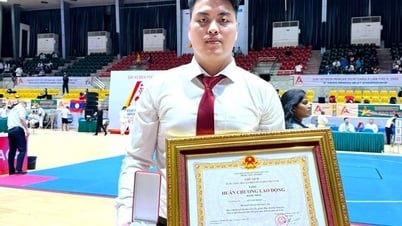





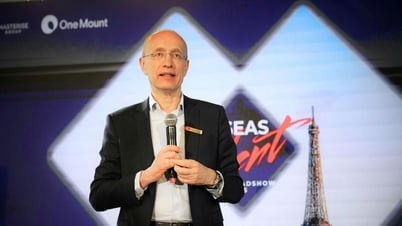


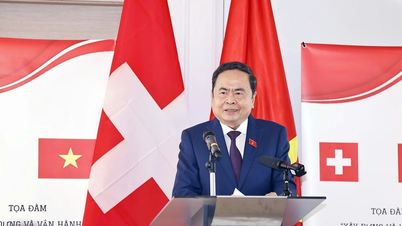
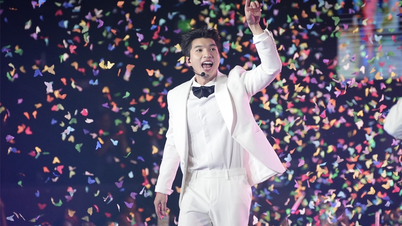

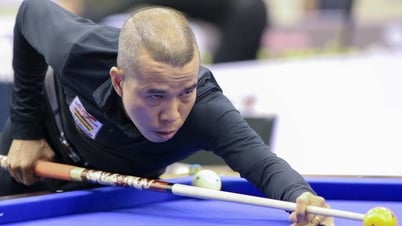
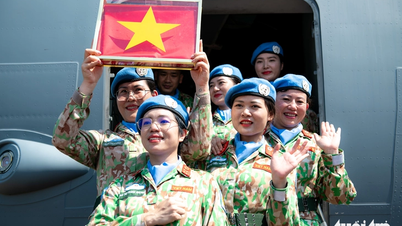
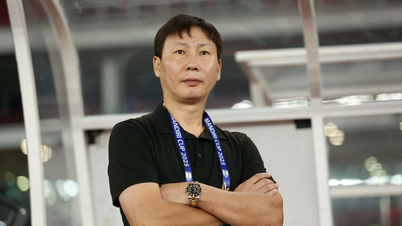

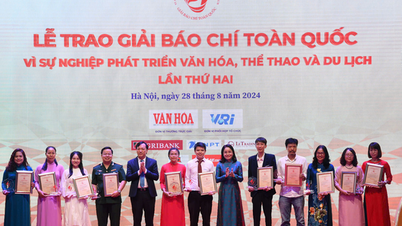

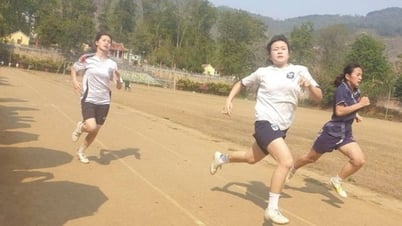


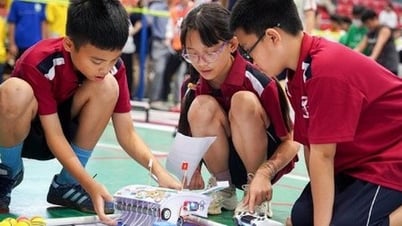

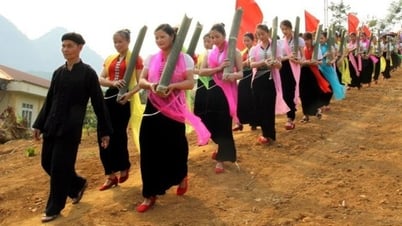
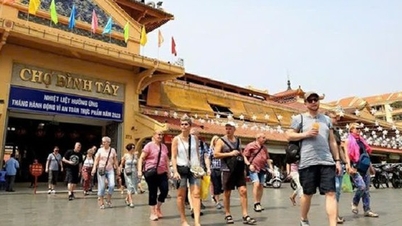





















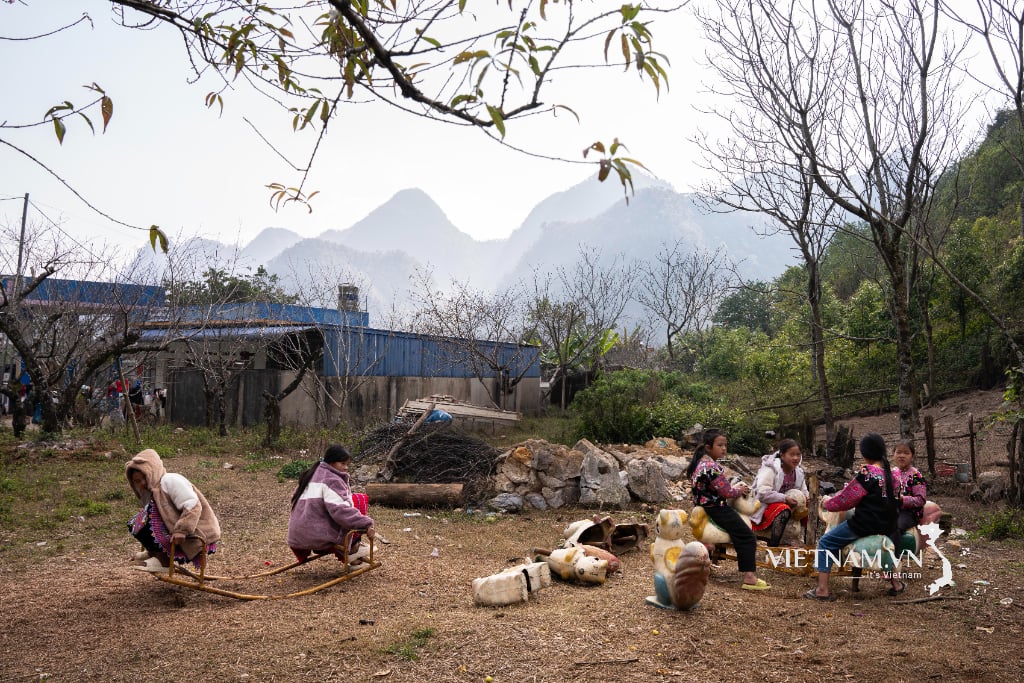

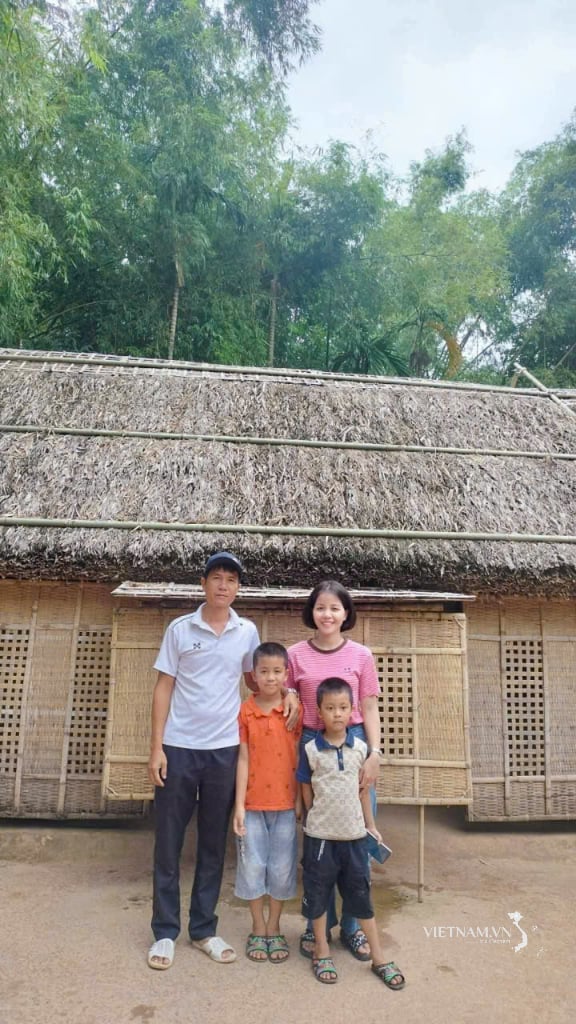
Comment (0)